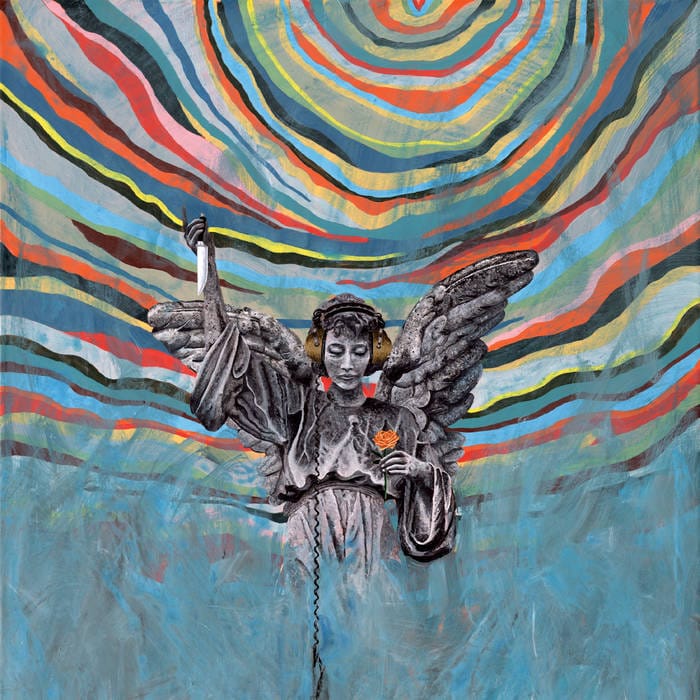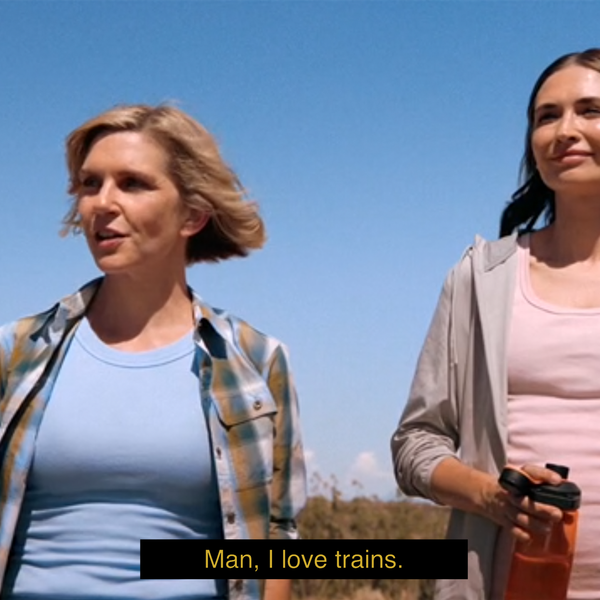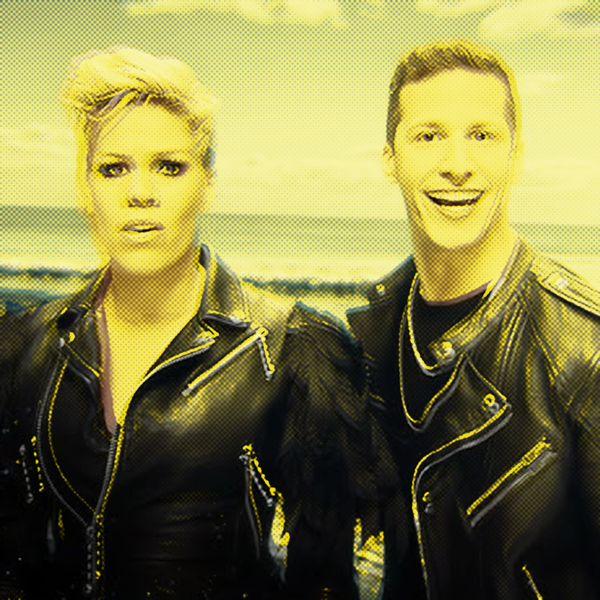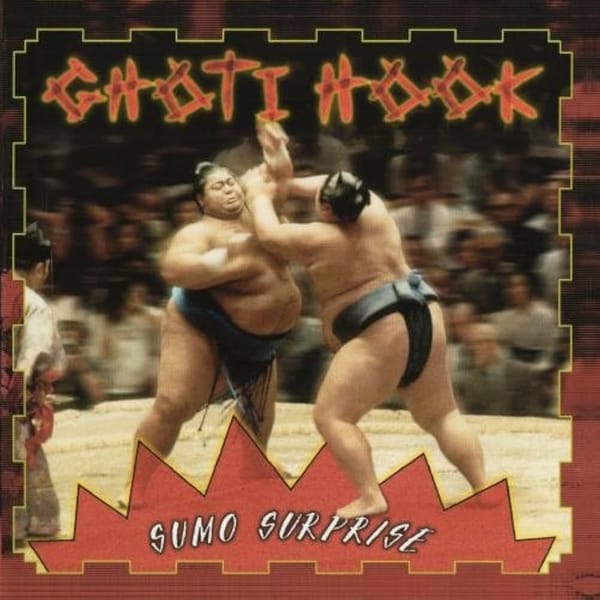Motion City Soundtrack - "Downer"

"When I was small, I made a lot of mistakes/
Then I grew up and learned it wasn't quite that way/
If I had known back then, it wasn't my fault/
It might have affected the way that I acted/
With confidence instead of hiding behind it all."
Motion City Soundtrack's music has hit me where I live many times, on many occasions. Justin Courtney Pierre has never shied away from singing about his neurodivergence and mental illness, and even when I was undiagnosed and psychologically ignorant, songs like "Everything Is Alright" resonated deeply. Music like this was my sunlight reflected down Plato's cave. My therapist suggested once that I've used lyrics to parent myself. She's right.
I really enjoy this new MCS album (The Same Old Wasted Wonderful World). I especially like that a lot of it is about Pierre's healing journey and the leaps in progress he's made in recent years. I've gone through a similar process. I'm in a good place. Sure, it's 2025 in America, I belong to multiple demographics that could land me in a camp someday, and the planet is swiftly becoming hostile to human life. But I don't hate myself anymore. I haven't had real (non-compulsive) suicidal ideation in years. I'm not terrified of everything all the time.
Beginning with getting medicated and diagnosed with OCD in my early thirties, I've been working in that direction for over a decade. For years, I always knew there was something else going on. It wouldn't be until the fall of 2024, at 42 years old, that the final puzzle piece would snap into place. After learning more about religious trauma, family trauma, and neurodivergence, I went for a full round of psychological testing thinking I might have ADHD, and came out the other end with a confirmation of the OCD and C-PTSD, as well as a third diagnosis that both exploded and explained my self-concept: I was Autistic.
It is difficult to put into words what the last year has been like. So much grief. So much anger. Sadness and a profound sense of loss. But also, a deep understanding of who I am that recontextualized my entire life. So much joy, relief, and self-compassion. The weight of guilt and shame I'd carried for decades sloughed off over the ensuing months. I've been largely able to shed the parasocial codependent patterns that have buried me for so long. I have a kind of confidence I had long given up on having. Sure, I still have a ways to go, but I know the rubric now. I understand the problem set.
Songs like this one are so validating and cathartic to sing along to, to sometimes sit and cry to. People often dismiss pop-punk as "angsty". It is. But I find the value judgment therein to be unempathetic, exclusionary, and somewhat cruel. Oxford defines "angst" as "a feeling of deep anxiety or dread, typically an unfocused one about the human condition or the state of the world in general." Yes, everyone feels that way as hormonally-unregulated teenagers. But for many of us, it is an inescapable reality that requires years of pain, hard work, and money to break free of. Many lack the means to ever do so, often existing in a permanent recursive state where their illnesses and disabilities (and subsequent coping mechanisms) prevent the very practices that would relieve the pain they cause, further worsening them. Some don't survive it (rest in power, Jessie). The luckiest of us make progress, knowing it to be a rock we will forever roll uphill. It seems hyperbolic to call it ableism when these outlets that offer us joy, a sense of belonging, and a brief respite from a world that wasn't built for us are painted as immature and shameful. But I struggle to disprove the thought.
Nevertheless, it is a bit of a bummer that, as I've learned to validate my emotions and manage my symptoms, a lot of newer pop-punk fails to hit me the way it used to. So it's always great to hear alternative music that models growth (e.g., The Wonder Years, Capstan, Beartooth) and healthy behavior patterns. It is inspirational and a source of hope, both communal and individual.
But also, like, that fucking keyboard? That snare hit that is so uniquely Tony Thaxton's? The way the whole band comes together, each part distinct yet only rarely and tastefully dominating, both in the performance and the mix?
Come on.




